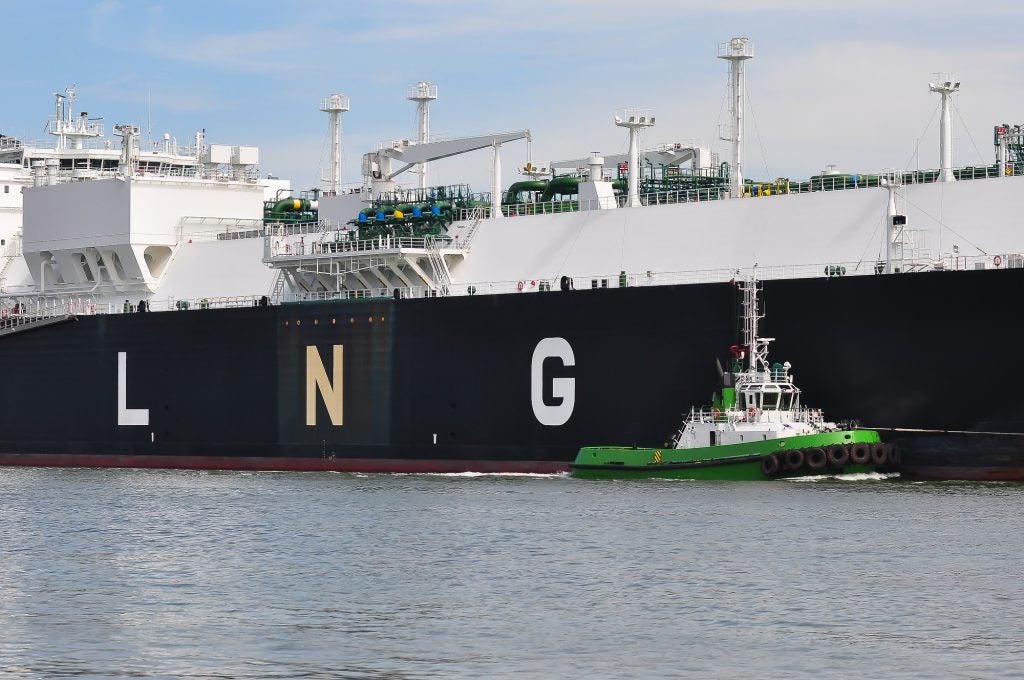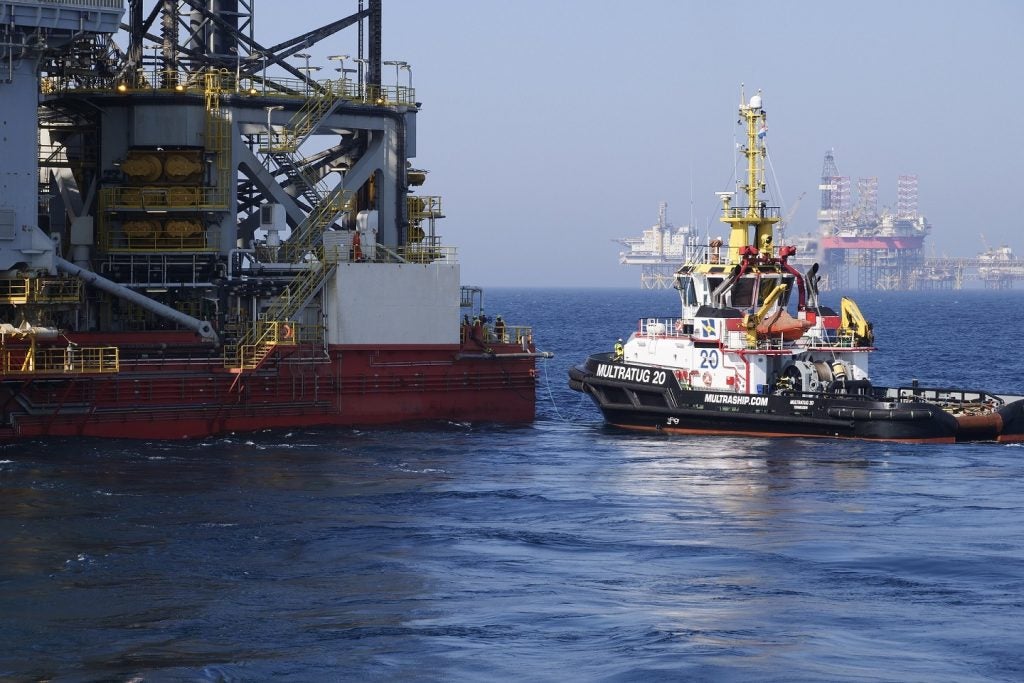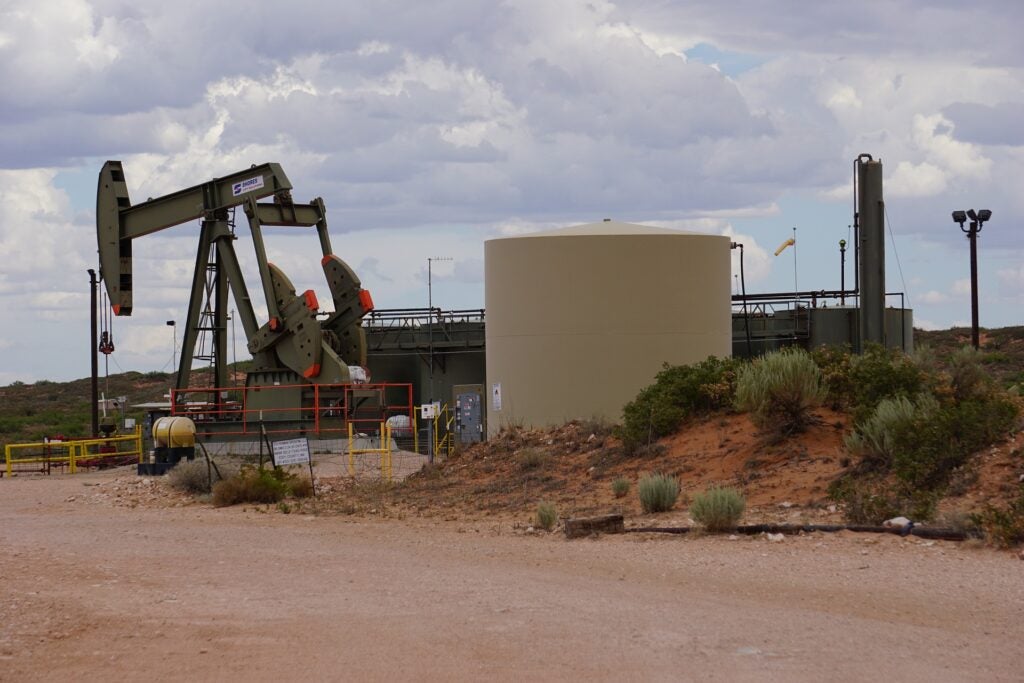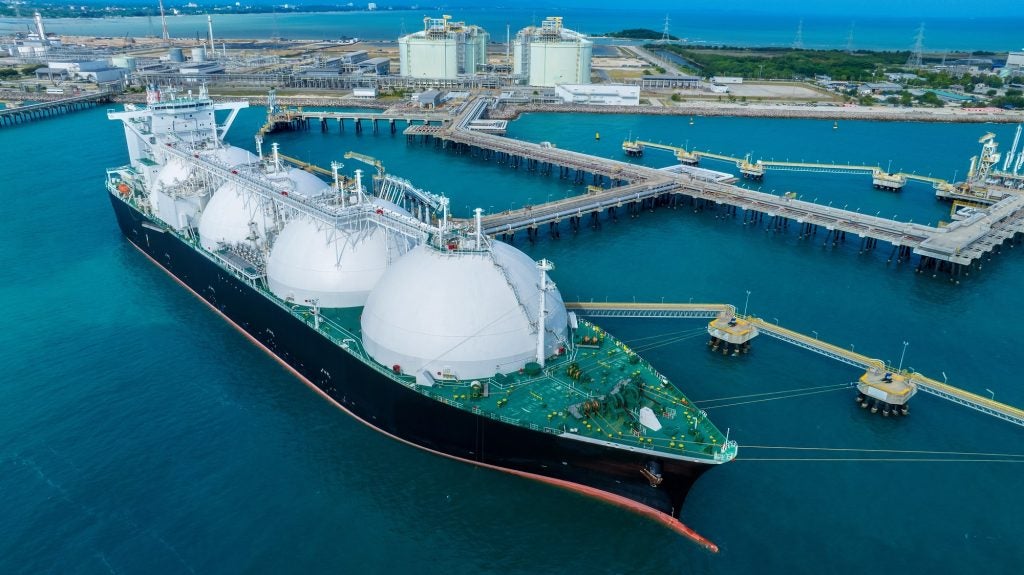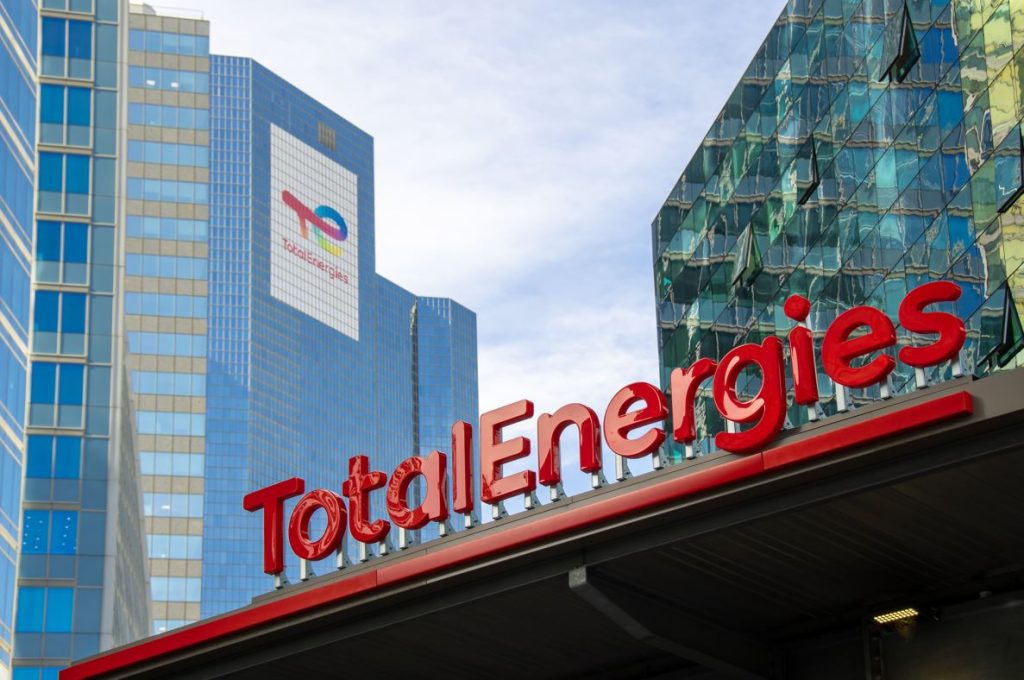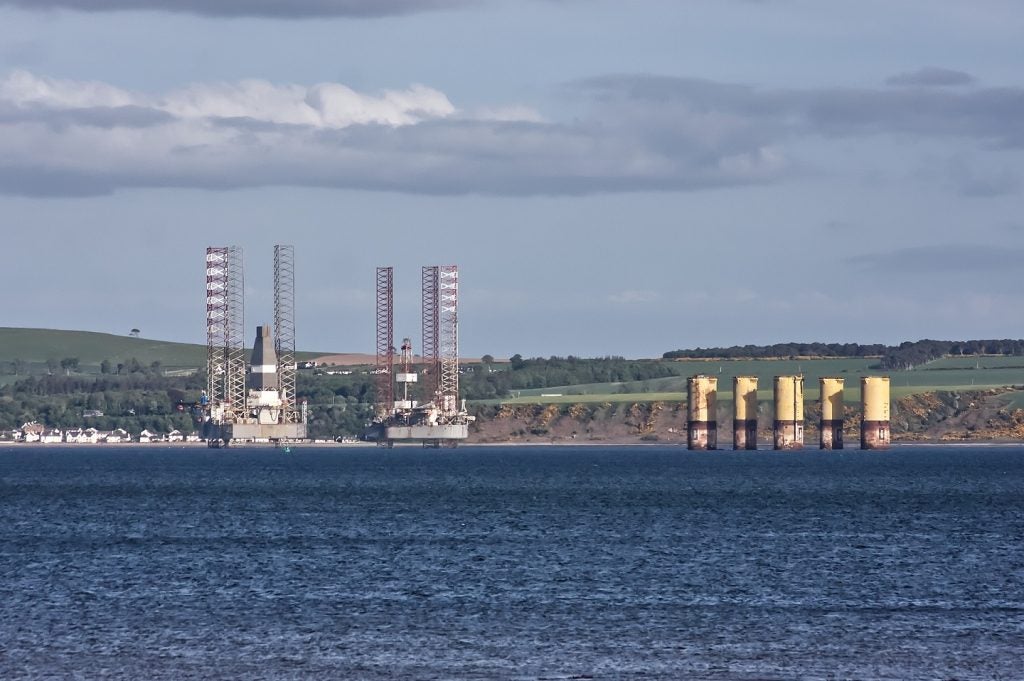Polish petroleum company Orlen has signed a deal with government-backed pipeline operator GAZ-SYSTEM for liquified natural gas (LNG) regasification capacity.
The 15-year agreement is for GAZ-SYSTEM’s proposed floating storage regasification unit (FSRU) terminal, which will be built in the Gulf of Gdansk.
Orlen said the Gdansk floating terminal will be able to unload, store and regasify up to 6.1 billion cubic metres (bcm) of gas fuel annually and it has booked the entire regasification capacity.
With the agreement, ORLEN will be able to receive up to 58 shipments of LNG annually, it added.
The Gdansk terminal, which is being implemented by GAZ-SYSTEM, is expected to begin operation in January 2028.
Poland has switched to LNG shipped by sea as well as gas piped from Norway via Denmark and the Baltic Sea to replace supply from Russia in the wake of the Russian invasion of Ukraine, reported Reuters.
ORLEN CEO and president of the management board Daniel Obajtek said: “Together with the already operational President Lech Kaczyński terminal in Świnoujście, this will enable us to receive all the LNG supplied under the long-term contracts we have signed.
“Currently, this is almost 14bcm of gas. This amount of the commodity, supplemented by supplies from Norway and our own domestic production, will allow us not only to fully satisfy the needs of Polish customers but also to offer gas to neighbouring markets.”
GAZ-SYSTEM president of the management board Marcin Chludziński said: “The FSRU Terminal project, now endorsed by the ORLEN Group, is another element of the country's energy security based on sound economic rationale.
“After completing cross-border connections with Denmark, Lithuania, and Slovakia, and expanding the LNG Terminal in Świnoujście, this project will increase the gas diversification of Poland and the Intermarium.”


